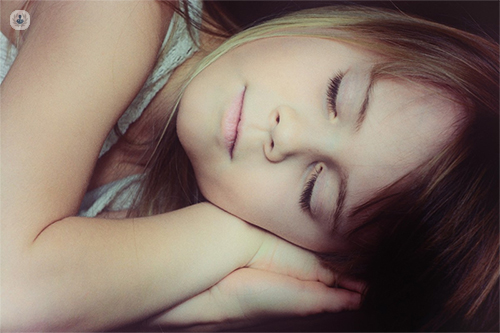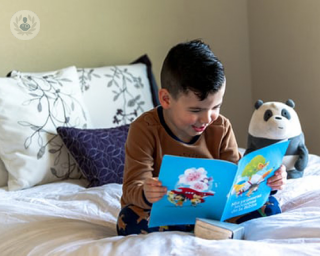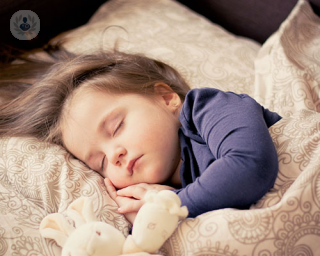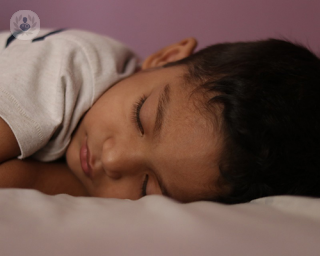Bedwetting (Nocturnal enuresis)
Diane De Caluwe - Paediatric urology
Created on: 11-13-2012
Updated on: 04-20-2023
Edited by: Karolyn Judge
What is nocturnal enuresis in children?
Nocturnal enuresis is the medical term for what is commonly known as bedwetting. It is quite common during childhood (10 per cent in 7 year-olds) and is twice as common in boys. There is often a positive family history.

Prognosis of nocturnal enuresis
The outlook for nocturnal enuresis is excellent and spontaneous resolution occurs in around 97 to 99 per cent of patients by their teenage years.
However, it can be a major problem for affected children who may feel embarrassed or helpless, as well being teased or bullied by their peers.
Symptoms of nocturnal enuresis in children
Some children wet the bed every night while others are less affected with fewer wet nights and less severe leakage.
Causes of nocturnal enuresis
Bedwetting is not caused only by drinking too many liquids before going to sleep, nor by a mental of behaviour problem. A frequent cause of nocturnal enuresis is that the amount of urine produced at night is bigger than what your bladder can hold. Another cause might be that the child does not wake up when the bladder is full and the child sleeps through the accident. Sometimes the bladder can be overactive and the child might also have daytime symptoms.
- Some children with a urinary tract infection might start wetting the bed at night.
- A dipstick of urine needs to be done to rule out diabetes.
- Stress and anxiety also can be contributing factors.
Can enuresis in children be prevented?
It is not possible to prevent enuresis in children before it happens, or to guess when exactly it will occur, but there are some risk factors that can develop an enuresis, such as stress, anxiety, or ADHD that is not treated properly.
How is nocturnal ensuresis in children treated?
Regarding treatment for nocturnal ensuresis, the first step is to visit a specialist in paediatric urology or a paediatrician to rule out any physiological causes and other problems.
Parents should be encouraged to adopt a positive attitude to treatment of bedwetting.
The child should drink plenty throughout the day and stop drinking 1 to 2 hours before bed, as well as going to bed with an empty bladder. Medication such as Desmopressin can work when the kidneys produce too much urine at night. A combination with Oxybutynin might be necessary in children who also have daytime symptoms such as urgency and frequency.
Some children do well with an enuresis alarm.
Some children might benefit to see a specialist in child psychology if the child is suffering from stress or anxiety causing enuresis.














